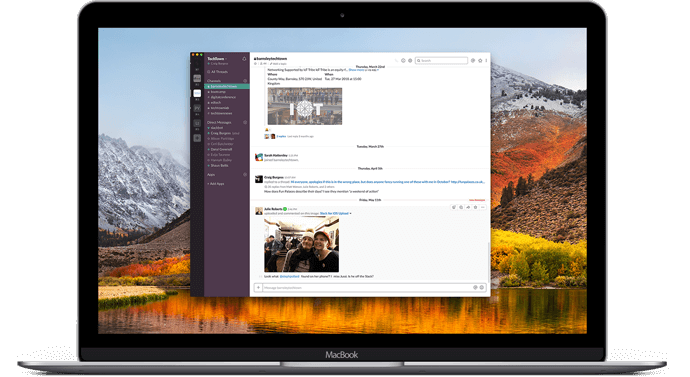Introduction to Partner Profiles
As set out above, TechRevolution comprises 1 Good Practice City (Barnsley) and 6 Transfer Cities. This section of the study provides some information on the network as a whole and goes on to explore each of the cities in turn in a series of ‘partner profiles which present:
- Basic socio-economic information relevant to the transfer
- Introduction to local policy context
- Initial SWOT analysis
- Information on the good practice challenge
- Initial ideas around transfer potential and purpose
- Assets and barriers to transfer
- Introduction to the URBACT Local Group
- Initial ideas of practical steps to enable transfer
Basic Partner Information Summary

All the transfer partners are medium sized towns or cities, seeking to revolutionise their local economy through the development of tech and digital jobs and entrepreneurship. They all want (and need) to transform their economies from being heavily reliant on traditional industry to supporting the development of high value, knowledge-based jobs within the ‘next economy’. They all also have significant learning and experience of their own which will contribute to enhancing Barnsley’s existing work and developing it into a new Digital Campus which, it is hoped, will move from conception to inception over the course of the 2-year transfer network.
Digital Economy and Society Index
The Digital Economy and Society Index (DESI) is a composite index that summarises relevant indicators on Europe’s digital performance and tracks the evolution of EU member states in digital competitiveness. Given the focus of TechRevolution, this provides useful national context to transfer potential.
TechRevolution Partners are ranked as follows:
Country DESI Ranking
- NL 4th
- UK 7th
- ES 14th
- CZ 18th
- HU 21st
- GR 26th
- RO 28th
The Netherlands ranks 4th in DESI 2017. The Netherlands ranks highest in connectivity; Dutch citizens are very active users of the Internet and have the right skills to do so. The digitisation of Public Services is among the most advanced in the EU while the country’s challenge is to improve the take up of technology by business –although already above the EU average.
The United Kingdom ranks 7th in DESI 2017. While its ranking decreased somewhat over 2016, its score increased due to an improved performance in all domains. In particular, important improvements have been made in NGA subscriptions (Connectivity), internet use (Human Capital), and Open Data (Digital Public Services). Conversely, use of Electronic Information Sharing, RFID and eInvoices (Integration of Digital Technologies) remains very low.
Spain ranks 14th in DESI 2017. Spain’s performance in the use of digital technologies by enterprises and in the delivery of online public services is above EU average. In Connectivity, progress is particularly strong in terms of subscriptions to fast broadband and NGA coverage is also high. Compared to last year, Spain made progress on all dimensions, except for Human Capital.
The Czech Republic ranks 18th in DESI 2017. Compared to last year the country progressed in Digital Public Services and remained stable in Human Capital, but worsened its ranking in other dimensions. The country performs best in Integration of Digital Technologies by Businesses, mostly because many SMEs embraced eCommerce. The country’s greatest challenge in digital is to improve the use of internet services, in particular for eGovernment and for entertainment and social purposes.
Hungary ranks 21st in DESI 2017. Hungary performs well on Connectivity, thanks to the wide availability of fast fixed broadband (NGA) and 4G as well as to the increasing broadband take-up. Hungary improved in digital skills, but stands still slightly below the average. The key challenges remain the low use of ICTs by enterprises and the development of Digital Public Services.
Greece ranks 26th in DESI 2017. Overall Greece did not make much progress compared to other EU Member States. On the positive side, Greeks are more actively using internet for video calls and online content. However, its low performance in digital skills risks acting as a brake to the further development of its digital economy and society.
Romania ranks 28th in DESI 2017. Romanians benefit from coverage of fast broadband connections in urban areas, which translates into the second highest share of subscriptions in the EU. The take-up of mobile broadband is also accelerating. However, the rate of digitisation of the economy, including for public services, and the levels of digital skills are still low.
Credits
Created with images by pixel2013 – “flag europe eu” • Capri23auto – “money dollar bill banknote” • Jonny_Joka – “the hague holland netherlands”


